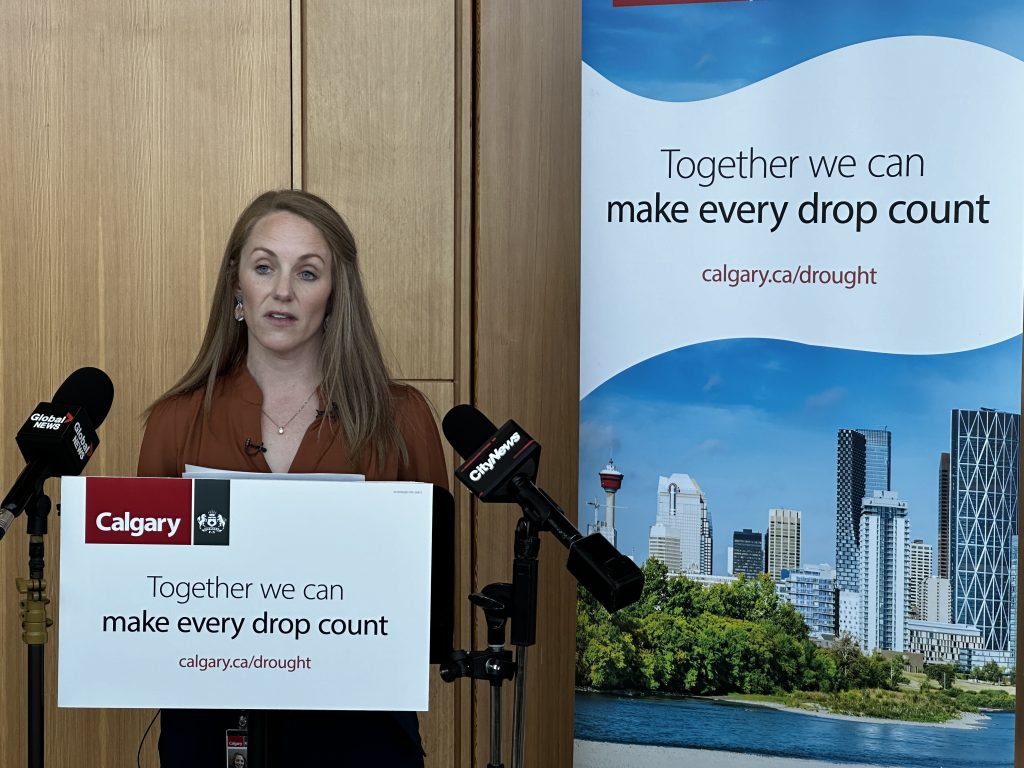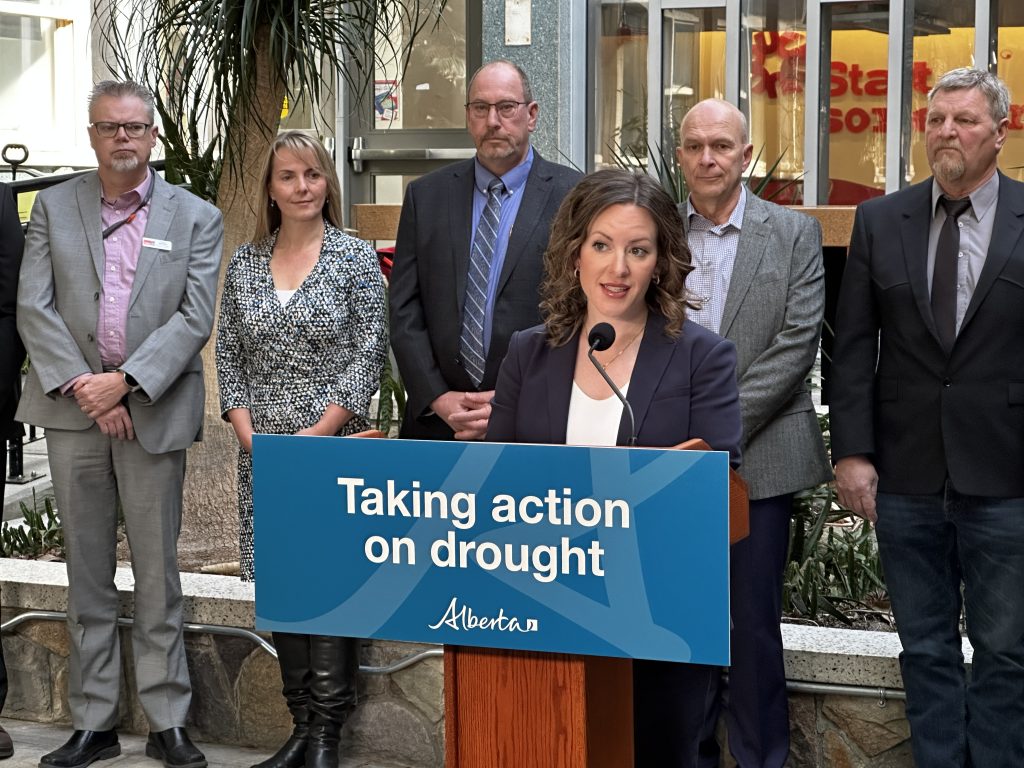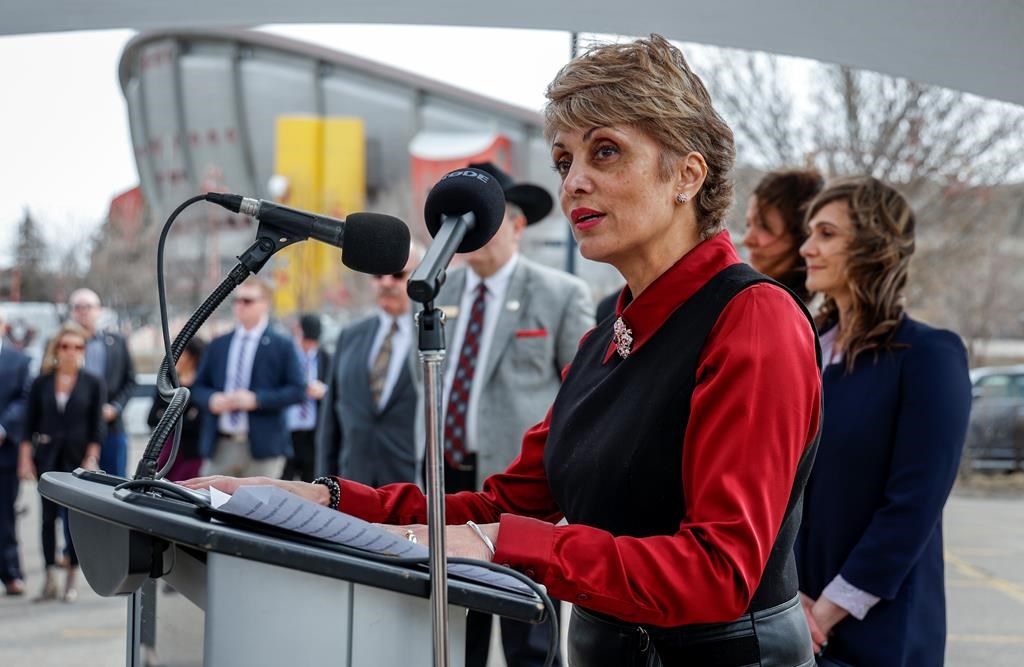COVID-19 prompts Florida to ask travellers to self-quarantine
Posted Mar 9, 2020 1:02 pm.
TALLAHASSEE, Fla. — Florida officials on Monday walked back an earlier advisory requesting all travellers returning from foreign countries self-isolate, further sowing confusion over its efforts to contain a fast-spreading threat to public health.
An earlier statement from the Florida Health Department had advised all individuals travelling internationally to self-isolate for 14 days.
Two hours later, health officials revised its advisory to realign with federal health guidelines that require travellers returning from the high-risk countries — China, South Korea, Italy and Iran — to remain home and avoid contact with others.
It was unclear what led to the communications breakdown, when the Health Department seemed to take the unprecedented step Monday of asking all travellers to self-isolate for 14 days after returning from any foreign travel. A spokesman could did not immediately return phone calls.
Earlier Monday, Florida Health Department Spokesman Alberto Moscoso said “the situation in Florida is swiftly changing.”
Two people have already died in Florida out of 18 Florida residents that state health officials say have tested positive for the new strain of coronavirus that is now quickly spreading across the United States and other parts of the world.
Of the 18 Floridians testing positive, 12 were diagnosed in Florida and five were diagnosed in another state, according to the Health Department. In addition a California resident, now under self-isolation in Florida, has tested positive.
Health officials across the country were quickly trying to contain the spread of the virus. In Florida, worries rose over how panic could play out in a state that is a destination for millions of visitors from overseas. Already, there is concern about how the virus could affect amusement parks such as Disney World in Orlando, one of the country’s most visited attractions. Cruise lines are also already being impacted.
In particular, the Health Department is suggesting that anyone who travelled last month on cruise ships on the Nile River in Egypt self-isolate because some passengers have tested positive with the novel strain of coronavirus.
Meanwhile, Florida’s largest grocery chain, Publix, began limiting sales of some merchandise, including hand sanitizers, rubbing alcohol, face masks and other products.
A Publix spokeswoman, Maria Brous, said the decision was “due to the increase in demand over health concerns from the coronavirus.”
The chain has more than 800 stores in Florida and more than 400 elsewhere from Alabama to Virginia.
On Monday, Florida House Speaker Jose Oliva acknowledged the threat from a new virus to the Florida economy, as he opened what could be the final week of this year’s legislative session.
“We may be facing a very real challenge here. The coronavirus, while it had a rather minute effect on us, the panic surrounding it has had a real affect,” he told his chamber Monday morning.
The virus has already influenced the conversations in Florida’s Capitol, where budget negotiators have vowed to include a $25 million appropriation request from Gov. Ron DeSantis to help the state respond to the growing crisis.
The governor’s schedule Monday was expected to be dominated by COVID-19. The governor was to again speak with Vice-President Mike Spence, who President Trump has appointed to lead the national effort against the disease. He was also expected to meet with reporters Monday afternoon, where he is sure to be asked about the state’s response to the health threat.
Florida health officials say anyone who has a fever, shortness of breath and other symptoms of respiratory illness within 14 days of travelling to some of the most affected areas, such as China, Italy, Iran, South Korea and Japan, should inform their doctor and local health department. The same advisory applies to people who have been in close contact with anyone who recently travelled to severely impacted countries who show symptoms.
People who are asked to self-quarantine should remain home. Health officials say they should not go to work or school or at any other gatherings until 14 days after returning from foreign travel. If any symptoms develop, they should alert a doctor and health officials.
——-
The Associated Press receives support for health and science coverage from the Howard Hughes Medical Institute’s Department of Science Education. The AP is solely responsible for all content.
___
Follow AP coverage of the virus outbreak at https://apnews.com/VirusOutbreak and https://apnews.com/UnderstandingtheOutbreak
___
Adriana Gomez Licon contributed to this story from Miami.
Bobby Caina Calvan, The Associated Press










